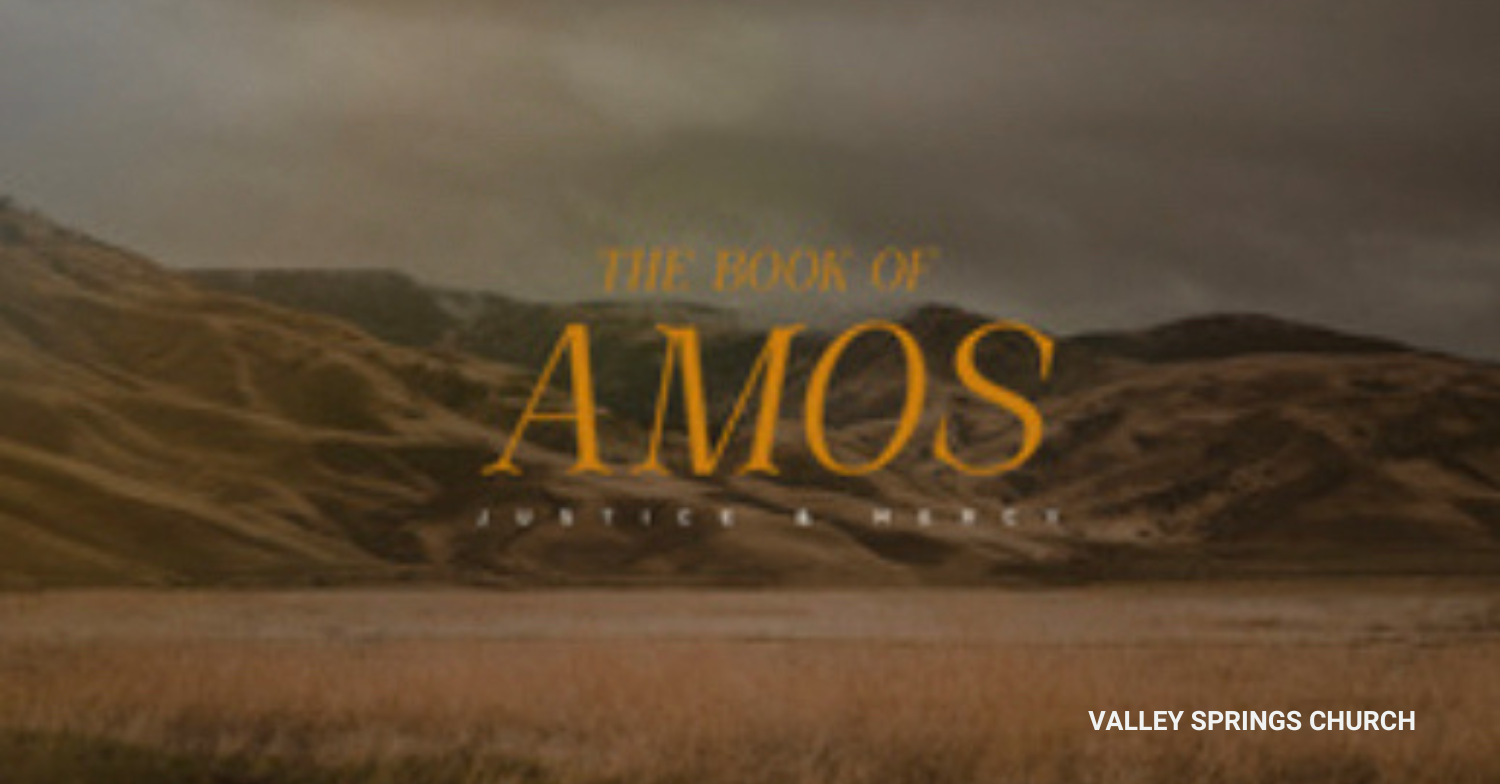
From Judgment to Restoration
Amos 6-9
Amos delivers a sharp rebuke to those living in luxury and ease while injustice runs rampant. The people of Zion and Samaria feel secure in their wealth and unconcerned about the moral decay around them. God condemns their complacency, warning that their comfort will soon turn to captivity. Their pride and indifference to the suffering of others provoke God’s judgment. This chapter reminds us that spiritual apathy in times of prosperity is dangerous. God expects His people to be vigilant, humble, and burdened for righteousness.
Amos receives a series of visions from God—locusts, fire, and a plumb line—all revealing God's intention to judge Israel. In response to the first two visions, Amos intercedes, and God relents. However, when God shows the plumb line, symbolizing His measurement of righteousness, He declares that judgment will proceed. Amaziah, the priest of Bethel, tries to silence Amos and send him away, but Amos boldly stands his ground. This chapter highlights God’s willingness to listen to prayer and the importance of remaining faithful to speak truth even when opposed.
Amos sees a basket of summer fruit, signifying that Israel’s end is near. God warns of judgment due to dishonest gain, trampling the poor, and manipulating worship for profit. The most severe judgment is not physical but spiritual—a famine of hearing the words of the Lord. People will search in vain for divine truth because they rejected it when it was freely given. This chapter reminds us to cherish God’s Word and to never take His voice for granted. To ignore His truth is to invite spiritual emptiness.
God’s final vision confirms that judgment is unavoidable. No one can escape His hand. The kingdom of Israel will fall, and the sinful kingdom will be destroyed. Yet the book closes with hope. God promises to raise up the fallen tabernacle of David and restore His people. The land will be fruitful again, and Israel will be planted in their land never to be uprooted. This concluding chapter brings together justice and mercy, warning and restoration. It points forward to the coming of Christ, through whom the house of David will be truly restored.
Chapters six through nine show us both the severity of God’s judgment and the beauty of His redemption. God confronts complacency, exposes corruption, and warns of the dangers of rejecting His Word. Yet He does not end the book in wrath. He ends with a promise of restoration, showing His enduring covenant love. These chapters reveal a holy God who disciplines but also restores. They call us to listen when He speaks, to examine our hearts, and to live with a hope that looks forward to Christ, the one who fulfills the promise to rebuild and renew.
Reflection Questions:
- Am I growing spiritually complacent in areas where I should be more alert and humble before God
- How do I respond when God calls me to speak truth in the face of resistance or opposition
- Do I cherish the Word of God or have I grown numb to its voice in my life
- In what ways do I see both judgment and restoration in my personal walk with the Lord
- How does the promise to restore the tabernacle of David point me to the hope I have in Jesus
